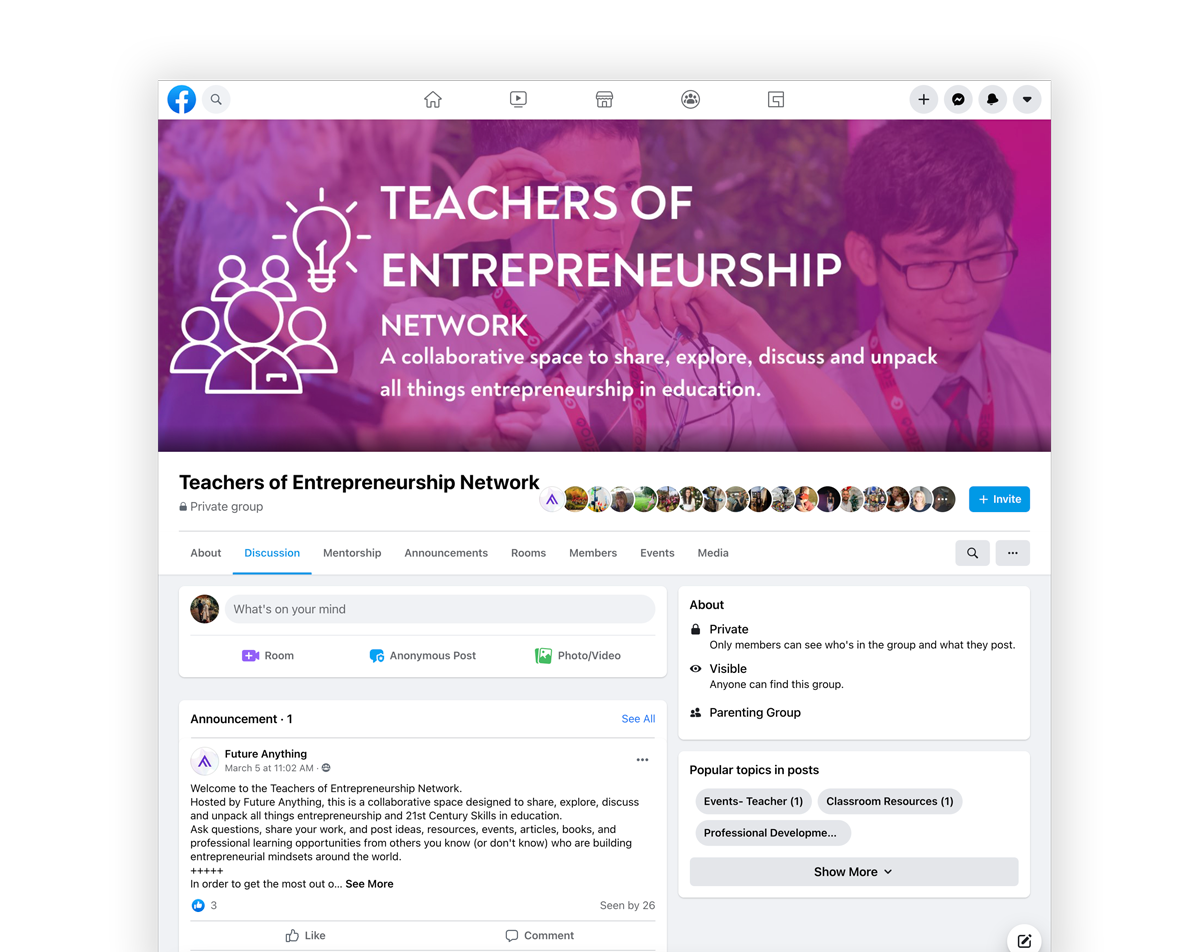When
- Class discussions
Why
- Increase engagement from all students
Who
- Year 5-12
Time
- 5-20 min
Resources
- nil
Over ten weeks, we are sharing ten different ways to facilitate discussions in your classroom. Think Pair Share is one of the most straightforward discussion routines, that requires little planning.
It is useful for pre-planned discussions, but it’s particularly great for those spur-of-the-moment discussions. The benefits of a Think Pair Share is that it requires all students to formulate a response to the question and get feedback from their ideas from at least one classmate, resulting in higher levels of participation and an opportunity for the teacher to circulate around the room and listen to a wider range of ideas around the classroom.
As with any new classroom routine, it’s important to explicitly explain the process and reason why you’re using it to the class at the beginning, and practice it a few times so that they get the hang of it. Don’t just give up if it doesn’t work the first time!
So how does it work?
The teacher poses a question, and the responses happen in three steps:
- Think. Each student individually thinks about their answer to the question.
- Pair. Each student pairs up with a partner, and discusses their answer.
- Share. The teacher selects pairs to share their ideas with the class.
Some tips
- If you want students to consider the discussion question deeply, make sure you give them enough time to really think. You could even get them to write down their ideas, and frame the response around a set expectation, e.g. three dot points, four sentences, a paragraph, mind-map or diagram, to push them to think harder.
- To push students’ interactions at the pair stage, ask partners to share the ideas of the other person. You could even ask them to explain what they like, and what they would improve about their peer’s response.
It can be a good idea to try the discussion routine out on a low-stakes question that every student feels like they can contribute to, such as: Should we give other animals rights?
What are your favourite questions to ask students to start rigorous debate in your classroom?
https://www.newscientist.com/round-up/ethics-issue/?fbclid=IwAR3Y8DGX5k8jT_A_lKFXeuq7SQhM1VsccpecIhtust52_zjqyxo3JY0NEVc
Want to take this conversation further with like-minded educators?
Join our Teachers of Entrepreneurship Network. This is a collaborative space to share, explore, discuss and unpack all things entrepreneurship in education.

Here at Future Anything, we deliver staff professional development, student workshops and in-curriculum programs designed to support schools to deliver future-ready teaching and learning.
Get in touch and tell us a little more your school, and what you’re trying to achieve. We’ll work with you to find the best program to meet the needs of the young people you’re working with.


